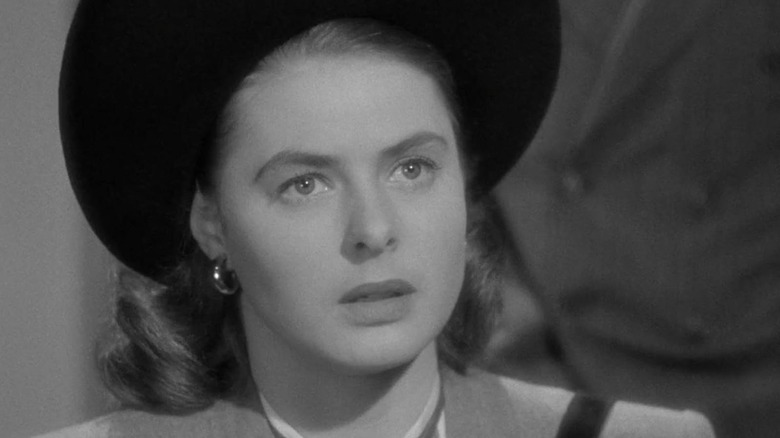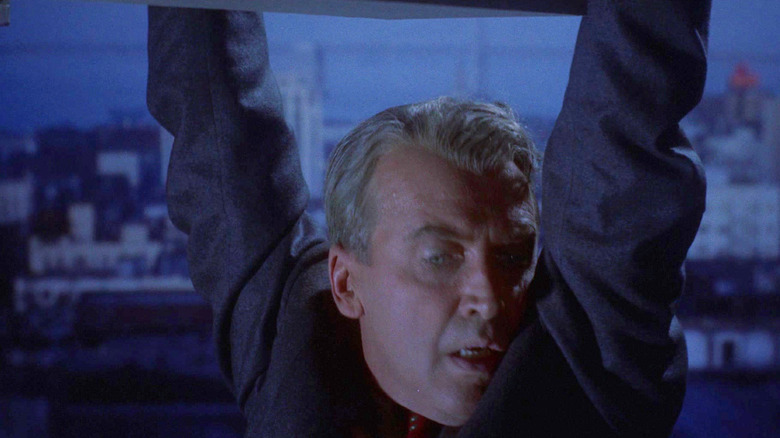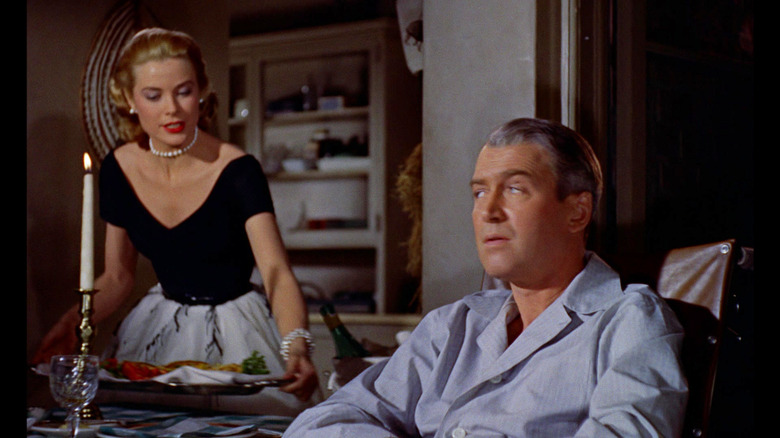There are only so many directors in the annals of cinema who audiences know by name. Yes, movie buffs can rattle off the names of plenty of filmmakers, from Guillermo del Toro to David Lean and many, many others in between. But for regular audience members, there’s only a few who earn the same name recognition of big-deal movie stars. Currently, there may only be four: Steven Spielberg, Christopher Nolan, Quentin Tarantino, and Martin Scorsese. Think all you like about these auteurs, but they’ve made so many excellent, memorable, iconic films that audiences know their work and their names so well you can just list out their surnames.
However, due to the fact that all of these men continue to make films in the era of review aggregation online, and because there are so many critics from which to select when you visit sites like Metacritic or Rotten Tomatoes, it’s all but impossible for any of them to have a perfect movie by those sites’ standards. It’s especially difficult with Metacritic, seeing as that site is more selective about which critics and outlets it aggregates, combined with the fact that the reviews it aggregates are defined by their specific score. If your review is positive, that’s not enough; a perfect score would have to be a truly perfect score. Case in point: Spielberg’s highest-rated film on the site is “Schindler’s List” with a 95. Tarantino has the same score for his 1994 classic “Pulp Fiction.” Nolan’s highest-rated film is “Dunkirk” with a 94, while Scorsese ranks highest among the quartet thanks to his 1973 drama “Mean Streets” netting a 96.
Be that as it may, there’s one director who boasts not just one but several “perfect” movies on Metacritic, and he’s undeniably one of the most famous of all time: Alfred Hitchcock. And honestly? You might be a bit surprised by the films of his with that elusive 100.
According to Metacritic, Alfred Hitchcock directed three ‘perfect’ movies
Hitchcock is one of the most iconic filmmakers of all time, not least because he so effectively and consistently harnessed suspense in his films. But Hitch was also recognizable to audiences because he made himself so, both in introducing episodes of his anthology TV series and through the cameos he would make in his own films. And what films he made, of course! Both before and after he made the jump to the United States from England, Hitchcock was delivering amazing, tense, and captivating films that have helped establish a groundwork for future adventure, thriller, and horror movies. As noted above, he’s also got the most films with a perfect 100 on Metacritic — three of his films have that ranking on the website.
Off the top of your head, you may have a few films in mind when you think of Hitchcock’s greatest work. First and foremost would have to be his 1960 horror film “Psycho,” and not just because it features one of the most unforgettable death scenes of all time, wherein the winsome Marion Crane (Janet Leigh) is stabbed to death in the shower by a mysterious and seemingly female attacker. “Psycho” is also an expert case in horror and suspense thanks to that scene and several others. But as excellent as the film is, it only has a “measly” 97 on Metacritic.
Okay, fine, let’s rewind just a year to Hitchcock’s slam-bang adventure/thriller “North by Northwest,” which starred his longtime collaborator Cary Grant. That 1959 film is a quintessential example of one of Hitch’s favorite tropes: a case of mistaken identity. In that movie, a raffish New Yorker is accused of murder and has to go on the run across the country to clear his name. And like “Psycho,” it boasts a cinematic image that has burned into so many of our brains, as Grant attempts to outrun a murderous crop-dusting plane in the middle of an otherwise empty cornfield. It’s a great, exciting film and one of Hitchcock’s best … and it also doesn’t have 100 on Metacritic, coming in at 98 instead. In that case, how about the director’s influential 1963 horror film “The Birds”? That, too, is a movie filled with eerie undertones, memorable scenes, and it doesn’t even have a perfect score on MC. Alas, it only scored a 90.
No, the three “perfect” Hitchcock films according to the website are — drumroll, please — “Vertigo, “Notorious,” and “Rear Window.”
Hitchcock has more than just three ‘perfect’ films
We could say that context is key, to be fair. We could also note that the Metacritic pages for both “Notorious” — the 1946 thriller in which a soused widower is coerced by a federal agent to help take down a Nazi in post-World War II America — and “Rear Window” — the 1954 thriller about a man who, while laid up from a recent injury, seems to spy on a murder going on in the apartment building across from his own — each have fewer than 20 reviews aggregated. It’s likewise true that most newer releases have at least 30 or so scored reviews. Then again, “Vertigo” has 32 reviews on its page, and that 1958 psychological thriller (which revolves around a haunted ex-cop who falls in love with the woman he’s supposed to be tailing) also has a 100 on Metacritic. The surprise to take away here is less that Alfred Hitchcock has three films with perfect scores on the website or that these are the lucky recipients of the 100. (For this writer, only “Vertigo” and “Notorious” are truly perfect, but none of them are creative slouches.) It’s that … well, Hitchcock only has three perfect films on the site? It ought to be a lot more than that.
That said, it’s worth noting that the three films with 100 are all excellent encapsulations of both Hitchcock’s personal predilections and his creative style. “Rear Window” and “Vertigo” each lean heavily into a voyeuristic streak that Hitchcock loved to indulge. (Think of the scene in “Psycho” where Anthony Perkins’ Norman Bates — at a point where we know very little about who he really is — spies on Marion Crane while she’s undressing.) “Vertigo” also boasts stylish use of Technicolor and unique dream sequences that speak to the main character’s haunted psyche. Elsewhere, “Notorious” blends Hitchcock’s love of intense romances (with Ingrid Bergman never looking lovelier than she does here) with his willingness as director to have high-intensity demands of his leading ladies, with Grant’s federal agent serving as a kind of self-critical stand-in for the director.
Basically, if you had to go by Metacritic to decide which films to check out first from this unmitigated master, these three would be the perfect place to start. Sites like Metacritic don’t always seem to reflect audience perception, but when it comes to a filmmaker like Alfred Hitchcock, it got it perfect in this case.









